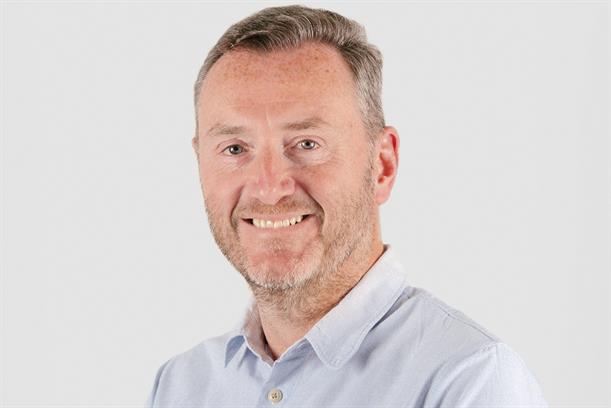We need to talk about time. Not just to bemoan how little we have (although thanks for listening), but to remind ourselves of an inconvenient truth: that time is not a "nice to have" on a project but mission-critical to what we do.
Time leaves its footprints on everything, from creative development to campaign appraisal to the client/agency relationship. We need to fight harder for it. Why? There are three biggies.
Ideas take time
It’s unfashionable to argue for "more time for creative". But it’s empirically obvious that the amount of time dedicated to creative development has progressively lost share to boundless strategising before the event and endless hand-wringing after. This despite all the evidence that the quality of your idea will (still) have the most dramatic impact on your fortunes as an advertiser.
Ideas seem to come in a flash, it’s true, but the best ones are born from due contemplation of the problem or opportunity we face; of the brand we are speaking on behalf of; of our competitors, even.
They spring from relaxed exploration, rather than compromised by deadlines. From stimulus that may or may not be on the brief. From years of experience as a human, rather than the hours technically expended on this job number.
Effectiveness takes time
We live and work in an impatient era and adland is no exception; ignoring all the evidence about how campaigns work (and, indeed, how markets work), we expect instant results and return on our investment.
We fret about "wear out" but forget that ideas must also wear in.
We stare too hard and too early at the wrong metrics, or ask the right ones to spike rather improbably. By doing so, we deny that brand advertising pays back over time, from the gradual monetisation of slender advantages won in awareness and/or affinity.
We under-report our returns by failing to understand that half of our advertising’s effects will crystallise more than a year later: because advertising memories endure; because most people aren’t in most markets most of the time; and because price effects (the most valuable kind we can achieve, because they fall straight to the bottom line) take time to pass through.
Relationships take time
The best work we do is the fruit of great relationships. And despite – or even because of – the trend towards project work, effectiveness still correlates with duration of relationship. Audi’s IPA Effectiveness Grand Prix reports three years of sales performance unashamedly built on 30 years of shared history.
Time brings a gradual understanding of one another. Of how advertising works for this brand. It subtly aligns agency and client fortunes, allows mistakes to be made and for the agency to recover. (When David Patton declined to throw Fallon under the bus, he was rewarded with "Balls".) A winning relationship gets forged episode by episode, just like in Strictly.
Time can feel like our enemy. We need to remind ourselves and others that, in the business of brand-building, it is our friend.
Laurence Green is an executive partner at MullenLowe London



